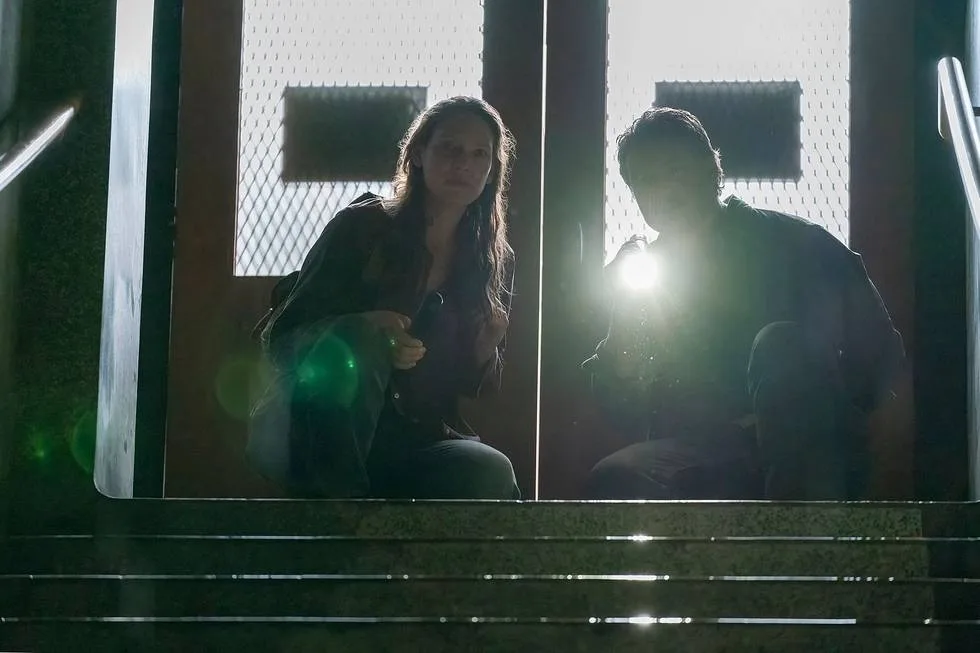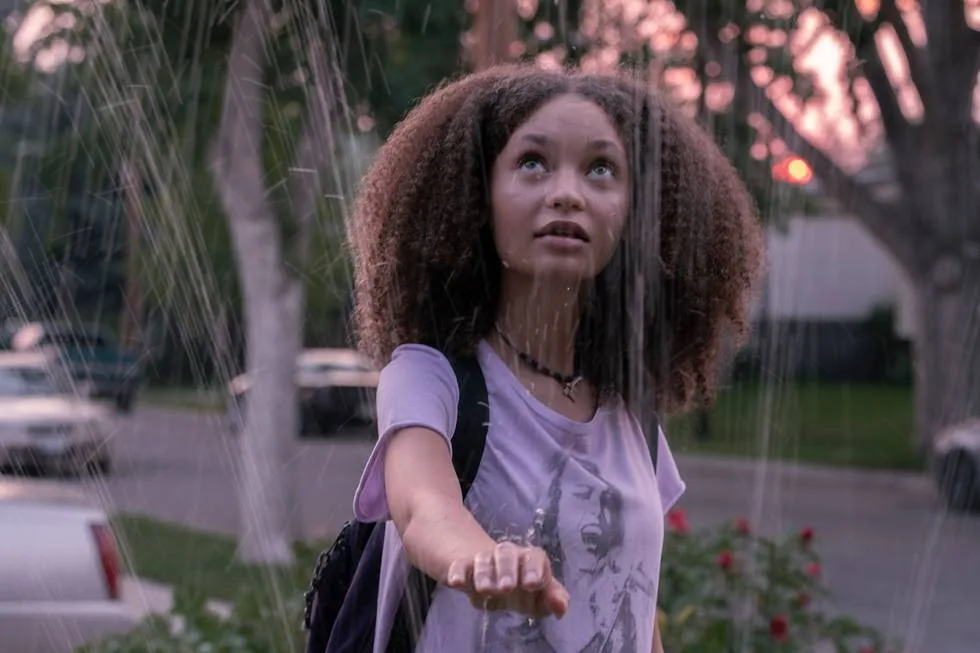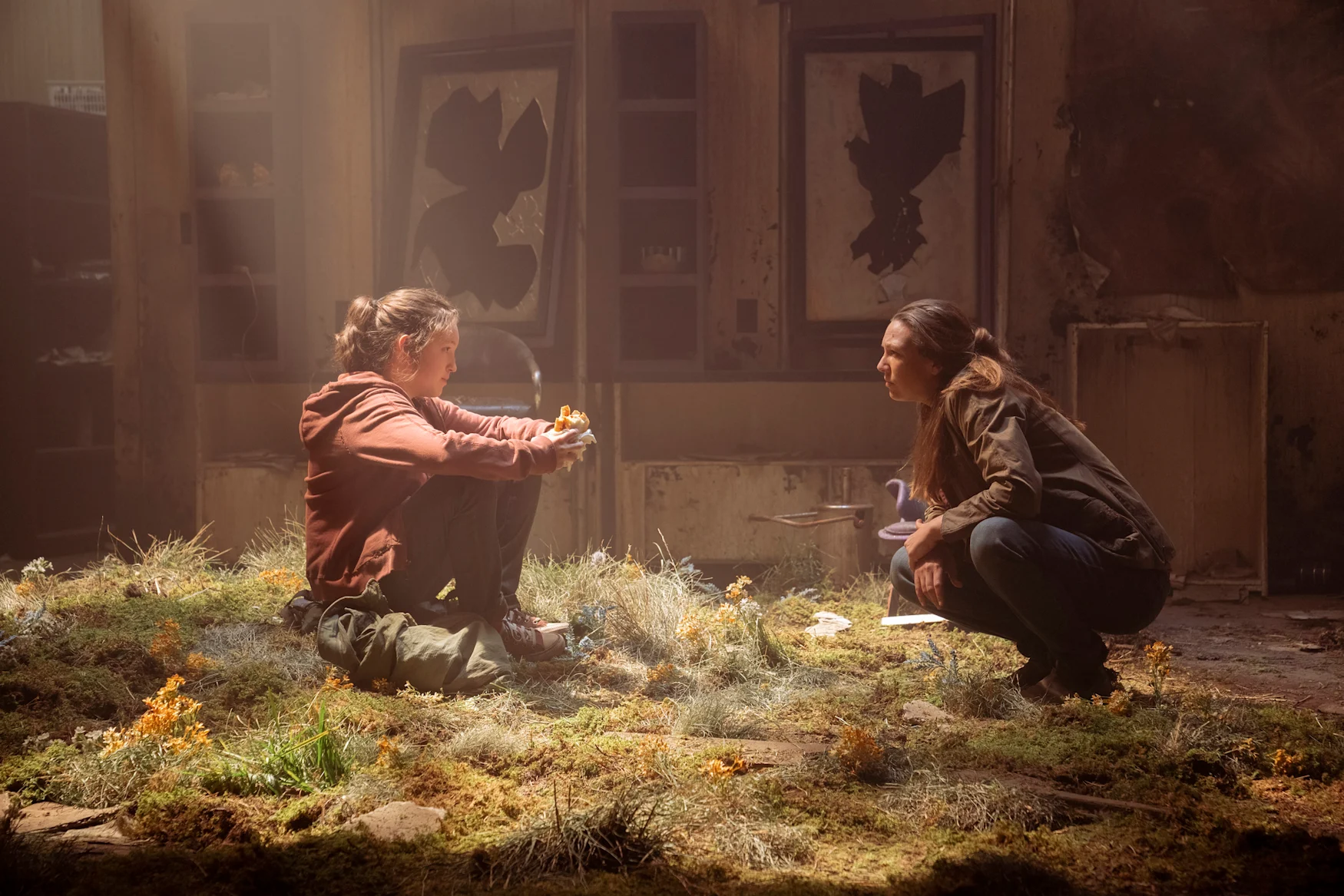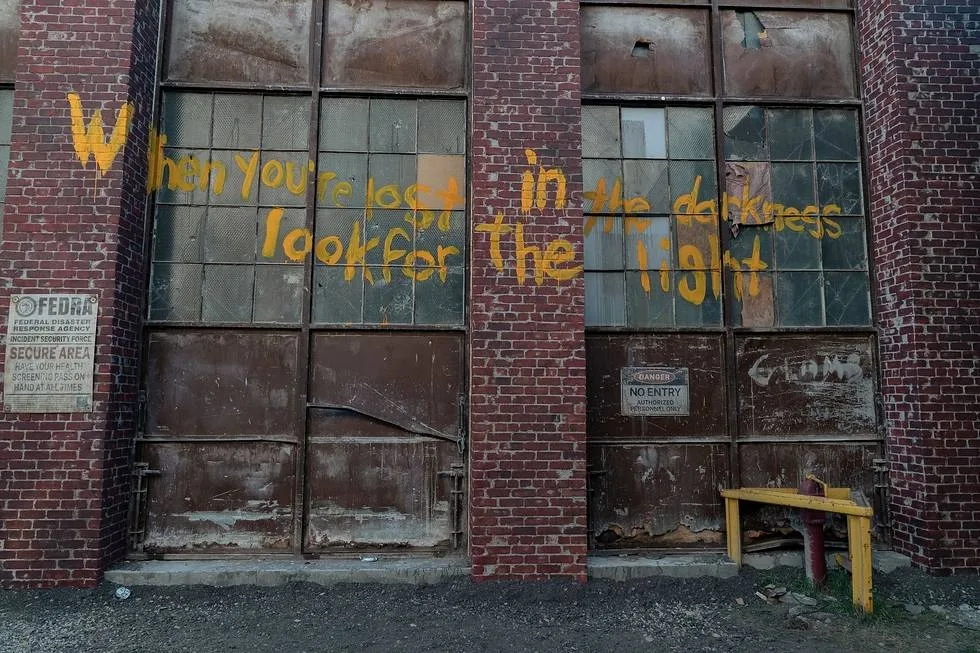I’ve been captivated by The Last of Us since I first played it shortly after it was released for the PS3 way back in 2013. Its ruined, dangerous but somehow beautiful post-pandemic world was compellingly rendered by developer Naughty Dog, and the tense combat driven by stealth and a need to conserve your resources felt more brutal and realistic than the Uncharted series the developer was known for.
But the relationship between protagonists Joel and Ellie is the true heart of the game. The story of a broken father reluctantly taking responsibility for a child who ends up becoming a surrogate daughter isn’t wildly original, nor is the game’s post-apocalyptic setting. But the development of Joel and Ellie’s relationship is filled with humor, hope, sadness and conflict, and it was brilliantly written by creators Neil Druckmann and Bruce Straley. Performers Troy Baker and Ashley Johnson, along with the entire Naughty Dog team brought it to life, and the game has stuck with me ever since.
It’s the kind of video game that’s been begging for some sort of on-screen adaptation. Now, almost a decade after the game was released, HBO’s The Last of Us series will premiere on January 15th. The first season is led by a deep and talented cast (headlined by Pedro Pascal and Bella Ramsey as Joel and Ellie) and an equally strong creative team, including Druckmann and Craig Mazin (best known for his outstanding Chernobyl mini-series, also on HBO).

Photograph by Liane Hentscher/HBO
I’m happy to report that The Last of Us should satisfy fans of the game, and might even bring in a fresh audience. It deftly walks the line between paying loving tribute to the source material while not feeling overly devoted to it. The structure of the show is essentially identical to the game: Joel and Ellie meet in a Boston quarantine zone some 20 years after a fungal infection destroys the world as we know it. Circumstance shoves the pair together on a cross-country journey that spans the better part of a year, as Joel tries to safely get Ellie to the Fireflies, a revolutionary militia that’s been trying to find a cure for the infection.
If you’ve played the game, you’ll be familiar with the season’s nine-episode arc. But in each act of the story, Mazin has smartly identified where to expand the narrative and what to leave out. The biggest thing missing are many of the huge action set-pieces that come up throughout the game. It’s an unsurprising change, as it wouldn’t feel realistic for Joel and Ellie to survive the number of battles they face in the game; it also wouldn’t make for compelling TV. There’s still plenty of action in the show, but it’s meted out more carefully and generally only when it moves the story forward.
Unsurprisingly, everything about The Last of Us reflects the high-budget, flagship status the show seems to have at HBO. Sets and environments are epic in scale and detail, and the combination of prosthetics and digital enhancements bring the Infected to life in terrifying fashion. Although there seems to be less of an emphasis on encounters with these creatures than in the game, seeing them on screen is distressingly memorable. Details like cinematography and music (composed by Oscar-winner Gustavo Santaolalla, who scored the games), are also masterfully executed; this is a show that oozes quality and attention to detail — much like the game itself.

Photograph by Shane Harvey/HBO
More interesting is how The Last of Us expands on the world and its inhabitants. We immediately get a more extensive look at the pre-pandemic life that Joel and his daughter Sarah inhabit. The showrunners give us more backstory and a better understanding of the different ways people survive: cooped up in a dreary Boston quarantine zone, fighting the government in a Kansas City lost to a violent militia group, or a peaceful settlement out west. The world feels a lot more nuanced than the one in the game, where almost everyone is an enemy to be overcome. Don’t get me wrong — most of the inhabitants of HBO’s The Last of Us will shoot first and ask questions later – but most encounters are about tension rather than brutal violence.
A lot has been written about the show’s two stars, Bella Ramsey and Pedro Pascal, both of whom have some big shoes to fill. Finding two performers with on-screen chemistry who could successfully embody their respective characters was surely not an easy task. But Pascal and Ramsey’s performances both immediately connected me with the original characters while also feeling vital and essential on their own. Fans of the game should immediately find things to draw them in, while those new to the series should be quickly won over by the pair.

Photograph by Liane Hentscher/HBO
Pascal’s Joel has a lot more emotional depth than Joel the video game character. Part of that is due to scripts that put more focus on his vulnerabilities and insecurities, but Pascal skillfully portrays a broad range of emotions. He’s able to show the cold, violent and skilled survivor side of Joel who’ll do anything to get what he needs while also embodying the broken spirit of a man who’s spent 20 years doing whatever it takes to stay alive. Watching Ellie bring out Joel’s more vulnerable side, and seeing how that conflicts with the hardened survivor, is at the heart of Joel’s character journey, and Pascal simply nails it. Joel is both more vulnerable than ever — and also more terrifying.
Meanwhile, Ramsey charms from their first moment onscreen as Ellie. We’re afforded a little more of Ellie’s backstory in the first episode, and it’s a great introduction to the character that immediately shows her brazen attitude toward anything that gets in her way. Much of the humor and levity comes from Ellie, and Ramsey’s performance captures the innocent resilience that only a 14-year-old could have in the face of abject horror and seemingly inescapable doom. The weight on Ellie’s shoulders grows throughout the series, and Ramsey is always up to the task of taking Ellie to the brink of breakdown before she comes back to the sense of duty she feels to care for the people she’s chosen to let into her life. Ellie’s naivety and sense of wonder gets bruised time and time again throughout the series, but both Ramsey and the scripts never let her lose it entirely.

Photograph by Liane Hentscher/HBO
While both Pascal and Ramsey deliver excellent performances in their own right, the magic really happens when the two are playing off each other. Naturally, the characters start out skeptical of one another, with Joel straight-up calling Ellie “cargo” to her face. But Ellie’s fascination with seeing the world beyond the quarantine zone she’s been stuck in slowly breaks Joel down. Pascal does a great job flipping between those two sides of the character, offering up hints of compassion and concern for Ellie as a person, only to retreat into an emotionally distant protector role.
Meanwhile, Ramsey embodies the spirit of Ellie as she opens up to Joel, and seeing this side of Ellie’s character is a delight. Ramsey’s ability to convincingly show Ellie’s goofy and rebellious exterior is masterfully done; it’s the tool Ellie uses most to try and win over Joel, as if she knows he’s going to give in with a smile or laugh sooner or later. Watching Pascal slowly warm to her brings out a host of different ways for the two actors to play off each other. But Ramsey is also just as convincing when demonstrating Ellie’s drive for survival is just as strong as Joel’s. That leads her to some dark places, and Ramsey shows their range as the series progresses and the challenges facing Ellie and Joel mount.
The rest of the cast doesn’t get as much screen time, but they all contribute to some compelling plot lines. The stories of Bill and Frank (played by Nick Offerman and Murray Bartlett) as well as Keivonn Woodard’s interpretation of Sam are two of the finest examples in the series where Mazin and Druckmann deviate a bit from the original text to do something that might not work in a game but is extremely successful in a show. Their episodes are undeniable standouts, and probably the best examples of why The Last of Us is such a successful adaptation.

Photograph by Liane Hentscher/HBO
The show whiffs a little bit on the pacing, as the back half of the season feels rushed. The pace naturally accelerates throughout the season toward the story’s climax, and the last two episodes are among the shortest in the season. I wish that some of the many dramatic moments near the end had more time to breathe. I don’t think a whole additional episode is necessary, but an extra ten minutes in each of the final episodes might have made things feel less constricted.
Also, it’s worth remembering that The Last of Us was an extremely violent video game, and the show does not shy away from brutality and occasional gore. It’s less overt than I expected, but each episode generally has at least one moment that’s not for the squeamish. That said, much of the human-on-human violence is pared back. With a few exceptions, it’s not too gratuitous or graphic, and a lot is implied. Regardless, I respect that large swaths of people might not be in the mood for a violent and often grim post-pandemic drama after three-plus years dealing with a real-life pandemic.
Despite those concerns, the end result is the best kind of adaptation, one that’s faithful to the spirit of the origin that also makes smart changes to fit the medium. In that way, it reminds me a bit of Peter Jackson’s The Lord of the Rings film trilogy, another personal favorite. While those movies made numerous deviations and changes, Jackson always framed them as a way to make the story work as well as possible in the film medium.
I feel the same way about The Last of Us. It’s not a one-to-one retelling, and I’m thankful for that – it wouldn’t have made for good TV. Instead, Craig Mazin took his love for Druckmann’s story and converted it to a show that many will enjoy, regardless of whether they’ve played the game. And for those of us who already love The Last of Us, this adaptation stands toe-to-toe with the original. There are tons of stunning moments that bring me directly back to what I love, but each episode also has a number of moments that surprised and delighted me, even though I know the overarching plot inside and out. It’s more than I could have hoped for, and I’m very excited that people who don’t play video games will get a chance to experience Joel and Ellie’s story through this excellent series.
All products recommended by Engadget are selected by our editorial team, independent of our parent company. Some of our stories include affiliate links. If you buy something through one of these links, we may earn an affiliate commission. All prices are correct at the time of publishing.